
Armed Forces to extend ceasefire for another 72 hours
Sudan’s armed forces agreed on Thursday to extend an ongoing ceasefire by 72 hours after mediation by the US and Saudi Arabia.
The extension to the ceasefire came hours before a midnight deadline, sparking hope for peace negotiations and access to basic necessities for Sudanese civilians.
Fighting continued throughout the last truce, albeit at a lower level. Thousands of civilians remain hunkered down in their homes or trying to escape populated areas.
Fighting between the army and paramilitary organisation the Rapid Support Forces has raged for two weeks and killed more than 500 people. More than 4,200 have been wounded.
Displaced people are passing through borders into neighbouring Egypt, Chad and Ethiopia, while diplomatic staff and foreign citizens have been evacuated by air and sea.
Egypt said on Thursday it had admitted 16,000 people since April 15, 14,000 of whom are Sudanese. Grassroots initiatives are springing up to offer accommodation and assistance, as NGOs and governments scramble to help.
US Secretary of State Antony Blinken earlier told reporters that Washington was “very actively working to extend the ceasefire”.
The RSF, however, has yet to comment on the proposed ceasefire. Earlier on Thursday, the group, led by Gen Mohamed Dagalo, accused the army of carrying out air strikes on its forces and spreading “false rumours”.
Though the fighting has been focused in the capital Khartoum, where RSF fighters have embedded themselves in residential areas, it has also spread to the western province of Darfur, where conflict has simmered ever since civil war erupted there two decades ago.
The Darfur Bar Association, a rights group, said at least 52 people had died in attacks by well-armed “militias” on residential neighbourhoods in the town of El Geneina, as well as its main hospital, market, government buildings and several shelters for internally displaced people.
The conflict has also limited food distribution. A third of Sudan’s 46 million people were already reliant on humanitarian aid before the conflict began.
Senior UN aid official Abdou Dieng said “very little can be done” in terms of humanitarian assistance.
“We’re extremely worried about food supply,” Mr Dieng told reporters in New York via phone from Port Sudan, where most senior UN staff have relocated.
“Our aim is to go back as quickly as possible to Khartoum if the situation allows it.”
The African Union Commission chairman called on both parties to “immediately agree on a permanent ceasefire to facilitate the delivery of humanitarian assistance to Sudanese in dire need”.
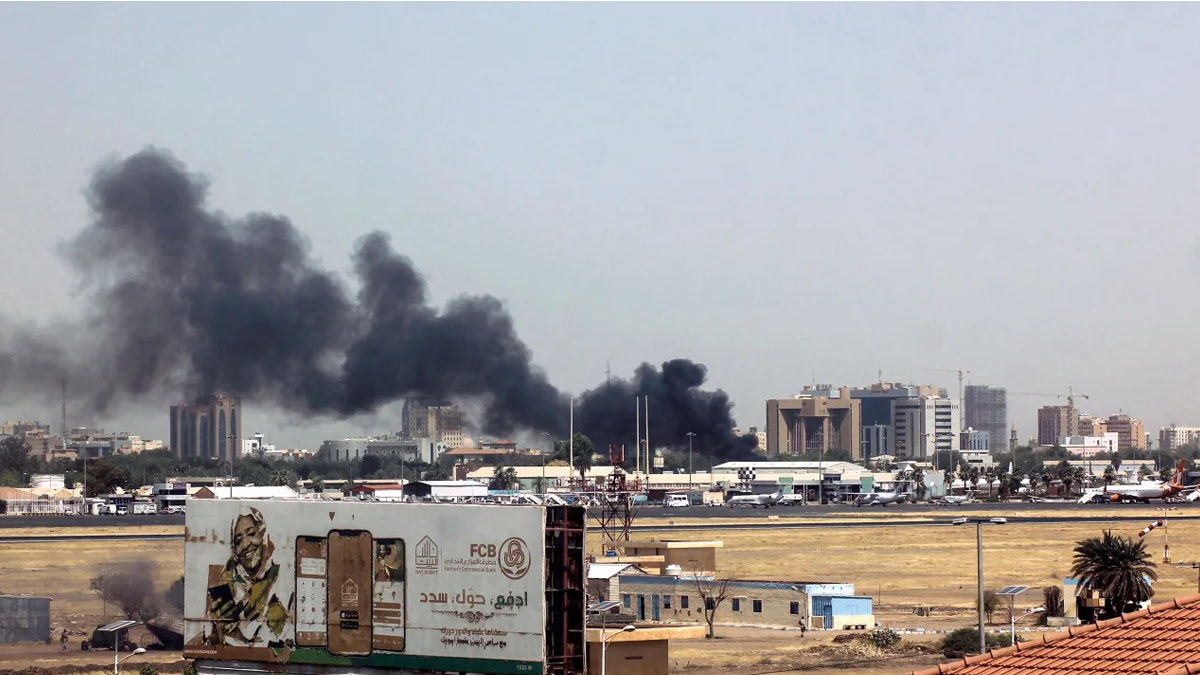
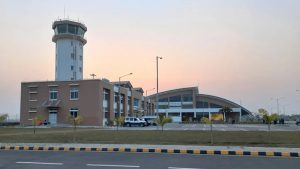

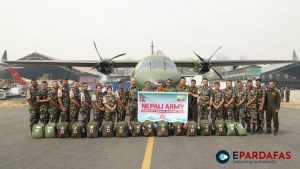
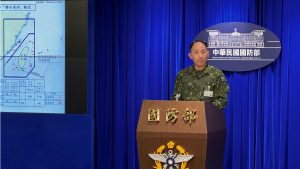
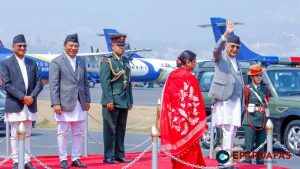


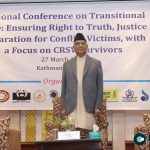

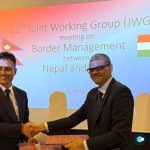


Comments